Chris Klug's personal story
Chris Klug is educating organ transplant patients about increased risk of skin cancer
Learn why professional snowboarder Chris Klug is educating organ transplant recipients about their increased risk of skin cancer.
Organ donation is a life-saving gift to people with serious medical conditions. After surgery, organ transplant recipients can often return to their daily activities thanks to medications that suppress the immune system to prevent organ rejection. However, taking these life-saving medicines also puts recipients at a higher risk for skin cancer, and skin cancer among recipients tends to be more aggressive and spreads more quickly than in other patients.
That’s why professional snowboarder and Olympic bronze medalist Chris Klug, an organ transplant recipient, is serving as a SPOTlighter with the American Academy of Dermatology’s (Academy) SPOT Skin Cancer™ initiative. Chris was diagnosed in 1991 with primary sclerosing cholangitis, a rare, degenerative bile duct condition. In July 2000, he received a liver transplant and was back on the World Cup circuit four months later. In 2002, Chris won a bronze medal at the Winter Olympic Games in Salt Lake City.
“I have to be especially vigilant about skin cancer since I’m often outdoors and I have a family history of skin cancer,” Chris said. “One of the most valuable lessons I learned through the transplant experience was to not take life for granted. Organ transplant recipients have been given a second chance at life. We shouldn’t let skin cancer take that away.”
Research shows that 20 years after receiving an organ, recipients who live in moderate climates have a 40 percent increased risk of developing skin cancer. Transplant medication plays a key role, but unprotected sun exposure also affects a person’s risk. The Academy recommends everyone, including transplant recipients, follow these tips for preventing skin cancer:
Seek shade when appropriate. Remember that the sun's rays are strongest between 10 a.m. and 2 p.m. If your shadow appears to be shorter than you are, seek shade.
Wear protective clothing, such as a long-sleeved shirt, pants, a wide-brimmed hat, and sunglasses, where possible.
Apply a broad-spectrum, water-resistant sunscreen with a Sun Protection Factor (SPF) of 30 or more to all skin not covered by clothing. "Broad-spectrum" sunscreen provides protection from both ultraviolet A (UVA) and ultraviolet B (UVB) rays. Reapply sunscreen about every two hours, even on cloudy days, and after swimming or sweating.
Use extra caution near water, snow, and sand because they reflect and intensify the damaging rays of the sun, which can increase your chances of sunburn.
Avoid tanning beds. Ultraviolet light from the sun and tanning beds can cause skin cancer and wrinkling. If you want to look tan, consider using a self-tanning product or spray, but continue to use sunscreen with it.
"It's especially important that organ transplant recipients screen themselves often for skin cancer and see a dermatologist regularly for a check-up," said Daniel M. Siegel, MD, board-certified dermatologist. "Skin cancer is more easily treated when caught early."
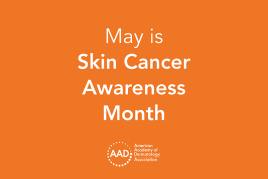 Think sun protection during Skin Cancer Awareness Month
Think sun protection during Skin Cancer Awareness Month
 How to care for your skin if you have lupus
How to care for your skin if you have lupus
 Practice Safe Sun
Practice Safe Sun
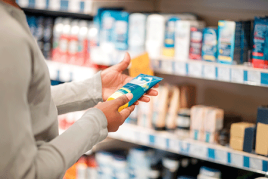 Sunscreen FAQs
Sunscreen FAQs
 Fade dark spots
Fade dark spots
 Hidradenitis suppurativa
Hidradenitis suppurativa
 Laser hair removal
Laser hair removal
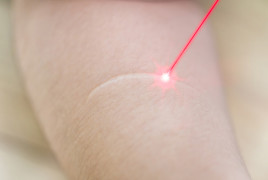 Scar treatment
Scar treatment
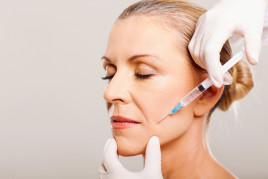 Botox
Botox
 Kids' camp - Camp Discovery
Kids' camp - Camp Discovery
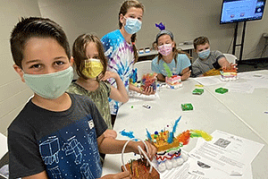 Dermatologist-approved lesson plans, activities you can use
Dermatologist-approved lesson plans, activities you can use
 Find a Dermatologist
Find a Dermatologist
 Why choose a board-certified dermatologist?
Why choose a board-certified dermatologist?